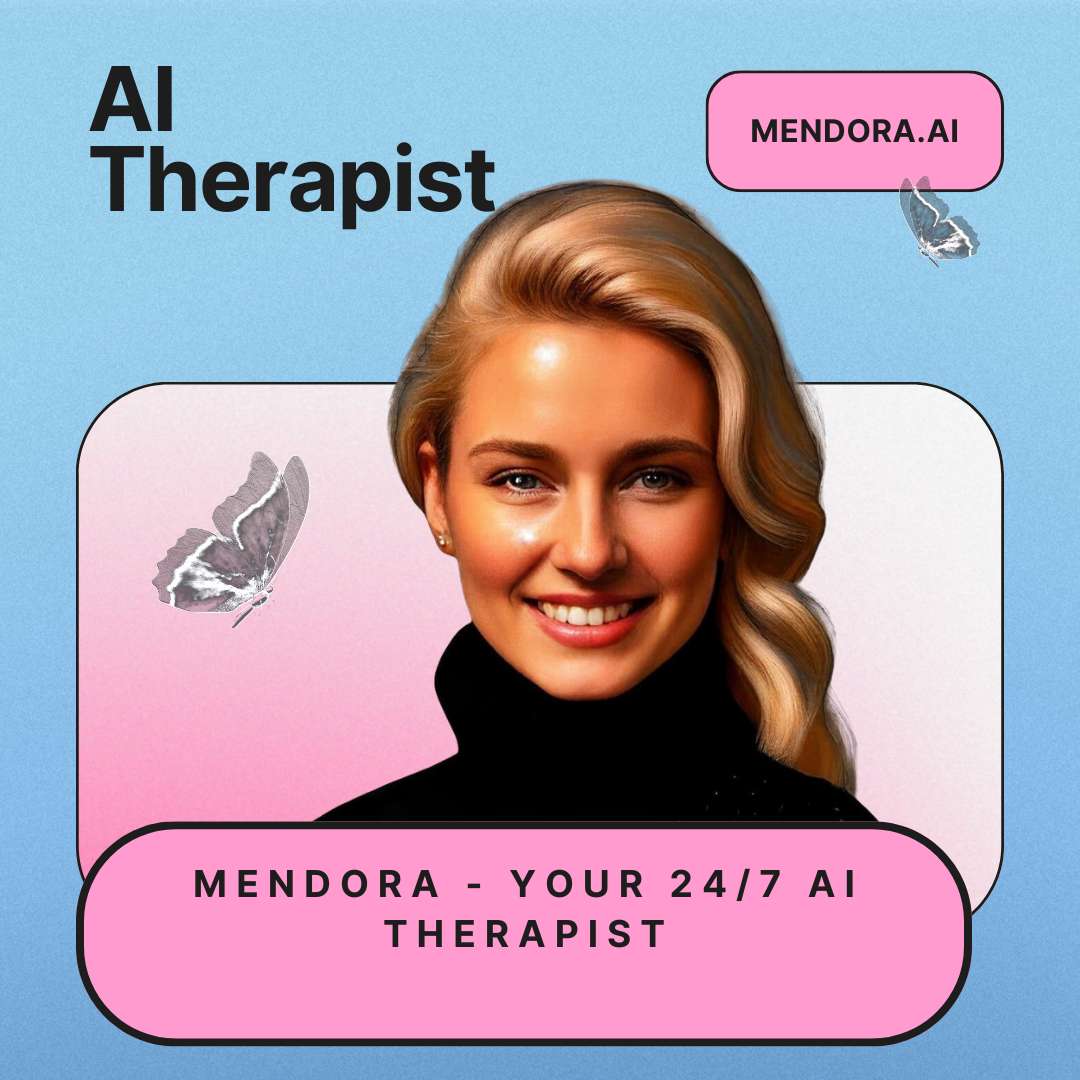AI-Powered Therapy: A New Approach to Tackling Anxiety
In recent years, advancements in artificial intelligence (AI) have paved the way for innovative solutions in various fields, including mental health. One such development is the emergence of AI-powered therapy, offering a new approach to addressing anxiety and depression. With the rise of AI talk therapy and online AI therapists, individuals now have access to convenient and effective support systems tailored to their needs.
1. **Accessibility**: One of the primary advantages of AI-powered therapy is its accessibility. Unlike traditional therapy, which may involve long wait times or geographical constraints, AI therapy bots are available anytime, anywhere. Individuals can engage in therapy sessions from the comfort of their own homes, eliminating barriers to seeking help and ensuring timely support.
2. **Anonymity and Privacy**: Many individuals hesitate to seek therapy due to concerns about privacy and stigma. AI therapy bots provide a solution by offering a level of anonymity that traditional therapy may not afford. Users can engage in confidential conversations with AI therapists, sharing their thoughts and feelings without fear of judgment or exposure.
3. **Personalization**: AI-powered therapy platforms leverage machine learning algorithms to personalize the therapeutic experience for each user. Through natural language processing and data analysis, these platforms can understand and respond to users' emotions, providing tailored interventions and coping strategies. This personalized approach enhances the effectiveness of therapy and promotes better outcomes.
4. **24/7 Support**: Mental health issues do not adhere to a schedule, and individuals may experience distressing thoughts or feelings at any time of the day or night. AI therapy bots offer round-the-clock support, ensuring that individuals have access to assistance whenever they need it. This continuous support can be invaluable in managing anxiety and depression and preventing crises.
5. **Cost-Effectiveness**: Traditional therapy can be costly, with session fees, transportation expenses, and time commitments adding up over time. AI-powered therapy offers a more affordable alternative, with many platforms offering subscription-based models or pay-per-session options. This cost-effectiveness makes therapy more accessible to individuals from diverse socioeconomic backgrounds.
6. **Supplemental Support**: AI therapy bots are not intended to replace traditional therapy or professional intervention. Instead, they serve as a supplemental support system, complementing existing mental health services. Individuals can use AI therapy platforms to augment their self-care practices, gain insight into their emotions, and develop coping skills between traditional therapy sessions.
7. **Continuous Improvement**: As AI technology continues to evolve, so too will AI-powered therapy platforms. Developers are constantly refining algorithms, enhancing natural language processing capabilities, and integrating new features to improve the user experience and therapeutic outcomes. This commitment to innovation ensures that AI therapy remains at the forefront of mental health care.
In conclusion, AI-powered therapy represents a promising new approach to tackling anxiety and depression. With its accessibility, anonymity, personalization, and continuous support, AI therapy offers individuals a convenient and effective way to manage their mental health. While it is not a replacement for traditional therapy, AI-powered therapy serves as a valuable supplement, providing individuals with the tools and resources they need to navigate their emotional well-being. As technology continues to advance, AI therapy will undoubtedly play an increasingly vital role in the mental health landscape.
